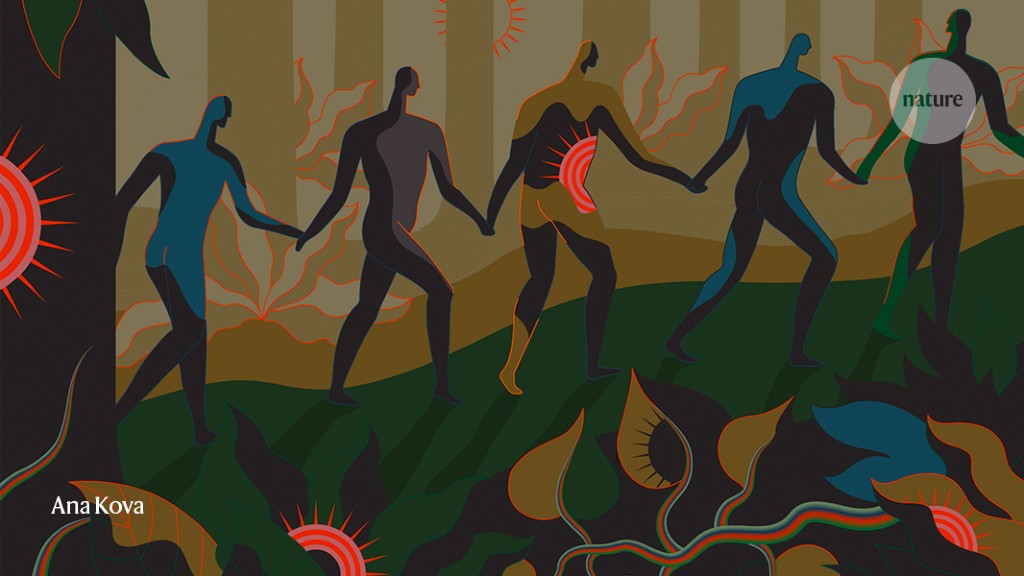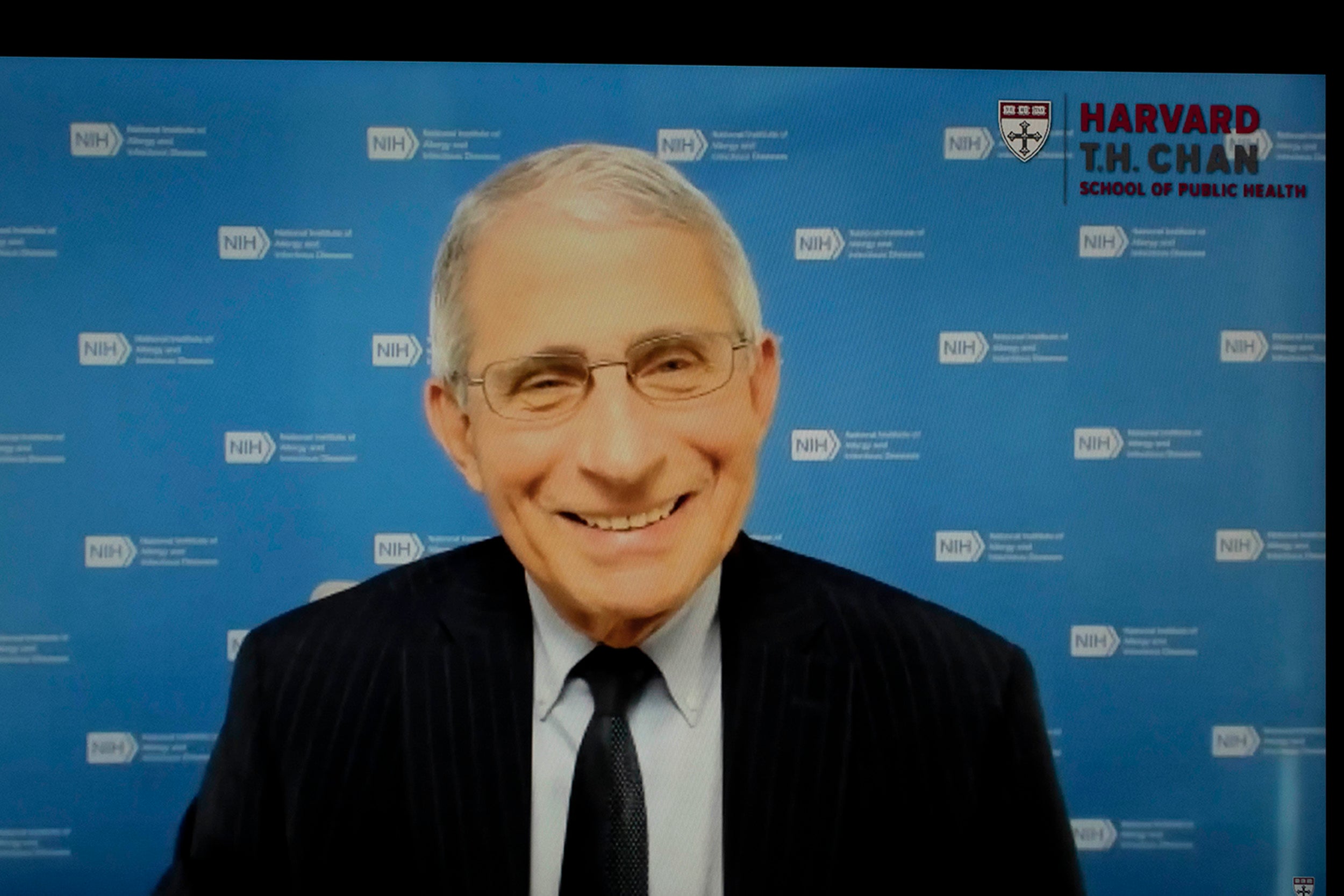Well, let's have a look at what the experts are actually saying. Because so far, all you've provided is speculation and optimistic opinion, often based on a really shallow understanding of natural selection and epidemiology.
This coronavirus is here for the long haul — here’s what scientists predict for the next months and years.

www.nature.com
To model the effects of continuous, intermittent, and stepping-down social distancing (SD) strategies and personal protection measures on COVID-19 tra…

www.sciencedirect.com
Epidemiologists worldwide have been developing models to predict how the coronavirus pandemic will progress throughout the rest of this year and the foreseeable future. Here's what they're forecasting.

www.advisory.com
As new coronavirus cases continue to climb in America, health experts say it's becoming clear that the virus is "never going away"—but that doesn't mean we'll be in a perpetual pandemic, either.

www.advisory.com

science.sciencemag.org

smw.ch
https://wwwnc.cdc.gov/eid/article/13/10/07-0576_article (specifically on duration of vaccine immunity to SARS-COVID-1, showing that it tends to wear off after about 2 years. For two other human coronaviruses,
immunity lasts only about 40 weeks).
From the Nature article:
"The pandemic’s course next year [2021] will depend greatly on the arrival of a vaccine, and on how long the immune system stays protective after vaccination or recovery from infection."
There's no signs pointing to immunity be short-lived from natural immunity or vaccine. It's not what will 100% for sure happen, it's about what's LIKELY to happen.
_
I don't get what the point of the ScienceDirect model is, it's just showing the best course for social distancing policies. It's not trying to be predictive of anything but spread associated with different strategies. I'm personally predicting no restrictions at summer and beyond based on how many infections we've already had plus vaccines rolling out. Saying there's going to be 2 years of covid isn't close to saying it's going to be a thing for years, decades, etc. The prediction is based on how fast you think we'll achieve herd immunity.
--
Fauci's quote has no specifics and is probably in response to people thinking it was over due to the summer numbers being so low. Remember when people thought it would be done in like a month or two? Saying it'll be a long haul could be mean a year or a couple years or decades.
Fauci says herd immunity possible by fall, ‘normality’ by end of 2021
Fauci predicted herd immunity by next fall and “normality” by 2021’s end, as long as enough people get vaccinated to bring the pandemic to an end.

news.harvard.edu
--
The ScienceMag article is from May, the early days of the pandemic. It also states in the abstract that "prolonged or intermittent social distancing may be necessary into 2022". That doesn't sound like it's predicting it to be around for decades.
"The long-term dynamics of SARS-CoV-2 strongly depends on immune responses and immune cross-reactions between the coronaviruses."
Again, there's no data pointing to immunity is short-lived.
"If the virus induces short-term immunity — similar to two other human coronaviruses, OC43 and HKU1, for which immunity lasts about 40 weeks — then people can become reinfected and there could be annual outbreaks, the Harvard team suggests."
And SARS-COV-1, covid's closest relative, immunity lasts at least 17 years.
"Among 176 patients who had had severe acute respiratory syndrome (SARS), SARS-specific antibodies were maintained for an average of 2 years, and significant reduction of immunoglobulin G–positive percentage and titers occurred in the third year. Thus, SARS patients might be susceptible to reinfection >3 years after initial exposure."
We already know that SARS immunity lasts 17 years and counting. Antibodies is only one part of the immune system and antibodies naturally wane from any disease. Why would your body keeping making antibodies (or anything) that it doesn't need anymore? Do you think your body still has measles antibodies it in? You're still immune from measles.






